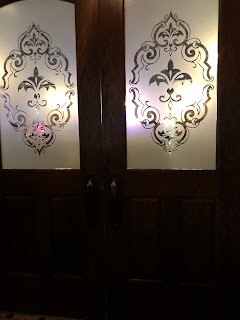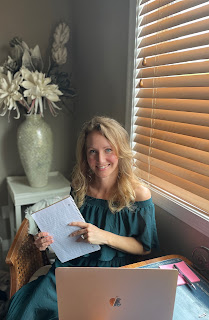Book Conventions: love them or leave them?
When you read a book you love what’s one of the first things you want to do? Talk about it with someone else who loves it too! And that’s how book conventions came to be.
At least in my mind.
But as an author conventions become more than being a fan, they also become work. If you’re new to the book/author convention world maybe you’re wondering which ones are worth the money. Or maybe you’re wondering which ones will give your shiny new book the most exposure. Or maybe you want to meet other writers who might end up becoming writing buddies, or critique partners, or mentors.
All of those reasons and more are why attending one might be right for you. But every con is different and you’ll need to research to find out which ones match with your goals. And no matter what goal you’ve got, attending a con will cost you $$. So, let’s take a look at what’s out there!
This list is by no means comprehensive. There are cons of all sizes that cater to all genres. The easiest ones to quickly look up are the ones connected to professional writing groups and associations. SFWA holds the Nebulas. Worldcon has the Hugos. If you’re looking for a fantasy specific con check out FantasyCons.com. They list these smaller conventions by date and show the location.
If you’re looking for general fiction ones, check out the list The Write Life put together. Select by genre or location, they’re all on the same page. Or maybe you’re looking for something local to do a signing at or rub elbows with authors within driving distance of you. In that case, check out Writer’s Digest’s list of book fairs and festivals.
There are also plenty of writing conventions aimed at teaching you how to put together a novel, how to format, how to pitch, how to self-publish, etc. Watch out for those. Some have useful information, but sometimes it’s packaged at a steep price or the information could’ve been gleaned by reading some free online resources. Some offer pitch appointments with agents if you're on the traditional publishing pathway, which can be the highlight of attending this type.
Attending a book/author convention can be energizing! Meeting people in the same writing stage as you can be uplifting. And making connections with industry professionals can be beneficial. Weigh your pros and cons after doing your research. Hopefully you’ll find one that’s easy to get to that you’ll enjoy!
Do you have any cons on your wishlist or ones you’ve been to that you’d recommend?






.jpg)


















